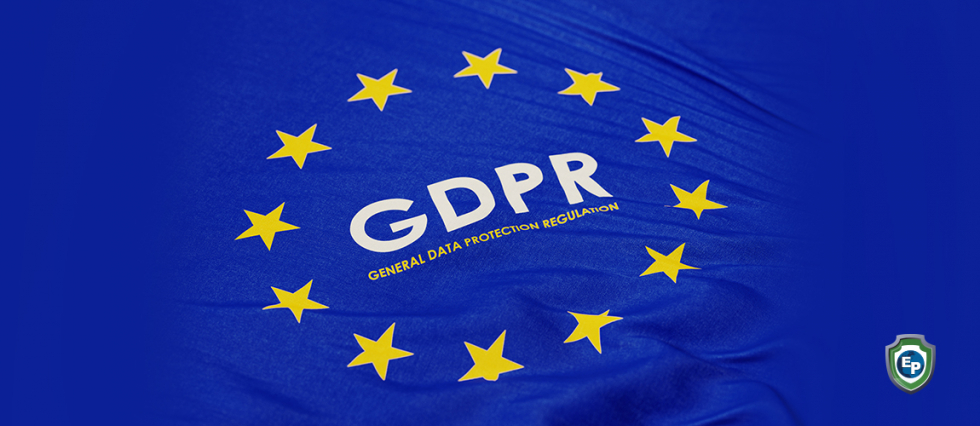GDPR Regulation for Small Businesses
The European Union introduced the General Data Protection Regulation, to protect its citizens’ data and give them control over how it is stored and used. Learn more!

The European Union introduced the General Data Protection Regulation, GDPR in 2018, to protect its citizens’ data and give them control over how that information is stored and used. While this is a European initiative, the global trend towards increased data protection and online security means SMEs should dedicate more time to learning how they can keep their clients safe online and avoid potential penalties for non-compliance. If people can access your website from the EU, GDPR is your cup of tea.
According to the regulation, personal data is defined as any information that can identify an individual. This includes names, email addresses, location, gender, IP address, race, religion, web cookies, or political affiliation. GDPR requires that SMEs are transparent about how they collect, store, secure, process, and share this data, and must request the express permission of their users.
Consent and control are the keywords here, and only users can give you. This starts when a user visits your website. Your website should inform them you use cookies, what they are used for, and a visible link to your terms and conditions. In the past, telling visitors was enough, but the GDPR now requires the user to opt-in by clicking a button. Keep an updated terms and conditions page that gives users the option to opt-in to specific demands. For example, a user should be able to opt-in to receiving marketing information via email or have their email stored in your system.

There are third party sites that SMEs work with to store and process data, host websites, send and receive emails, chat, and receive payments. They must ensure these service providers are GDPR-compliant and inform their customers they’re sharing their data with these third parties.
Treat user data as a vital resource, and when they decide they no longer want you to keep what is essentially their possession, they have the right to have it erased.
SMEs should educate their staff about GDPR, and ensure those who handle data and manage their websites are grounded in privacy and user protection. Don’t keep any data you’ll not need, and when you do, inform your clients how long you’ll have it in your system. In case of any data breaches, you should inform your clients within three days of the breach. Your clients should also be able to reach you in case they have any concerns.
These rules might sound restrictive and complex, but there are benefits to having a secure website where your clients feel comfortable to express themselves and access what you have to offer them. Search engines will also reward you with better rankings if your website is secure. Remember to inform, protect, and, when necessary, concede.
Learn More with Export Portal
At Export Portal, we believe in being a truly comprehensive international trade marketplace. That includes helping our users learn everything they need to know about global trade. Subscribe to our newsletter today to stay in the loop!






Comments 0